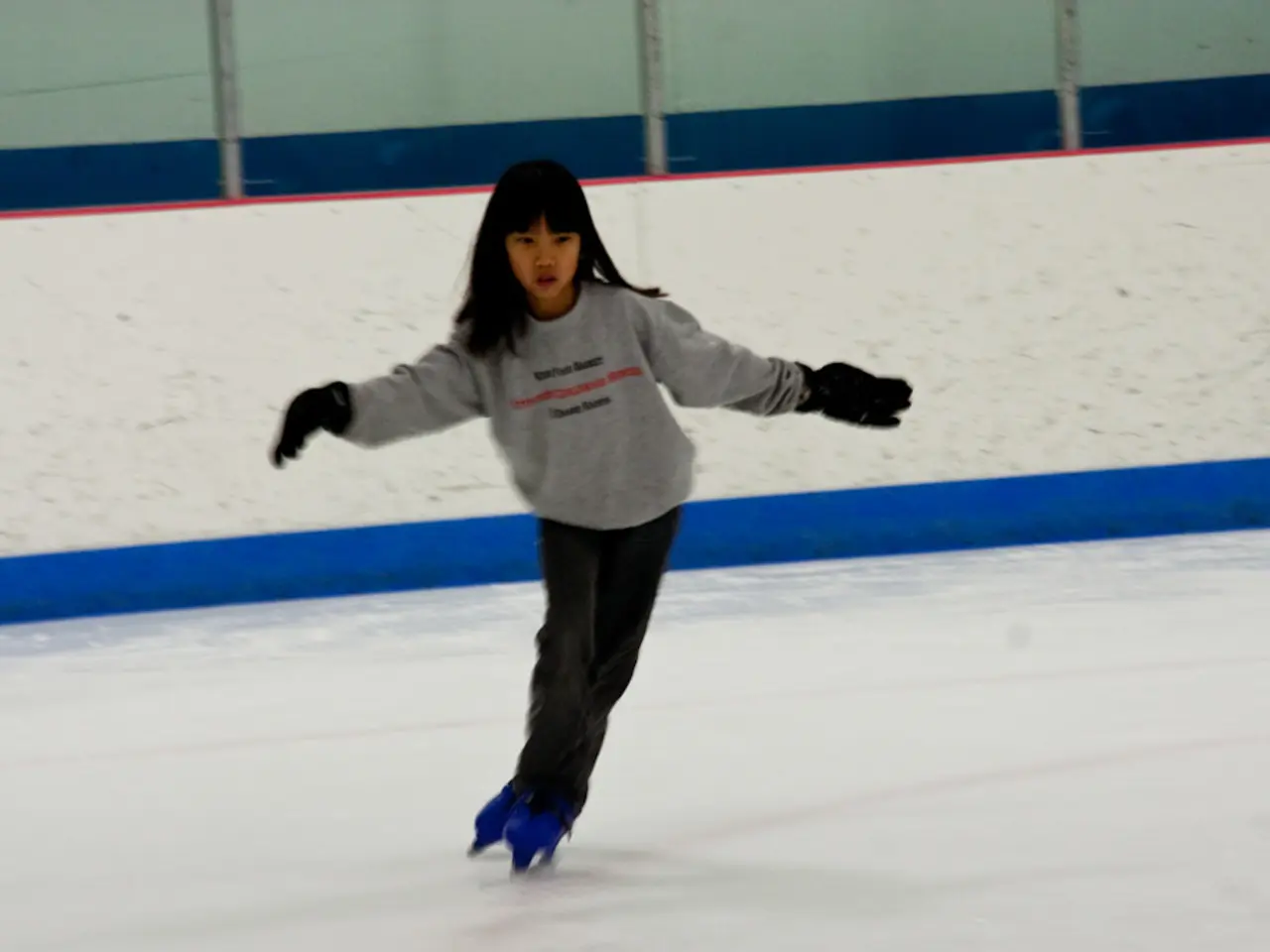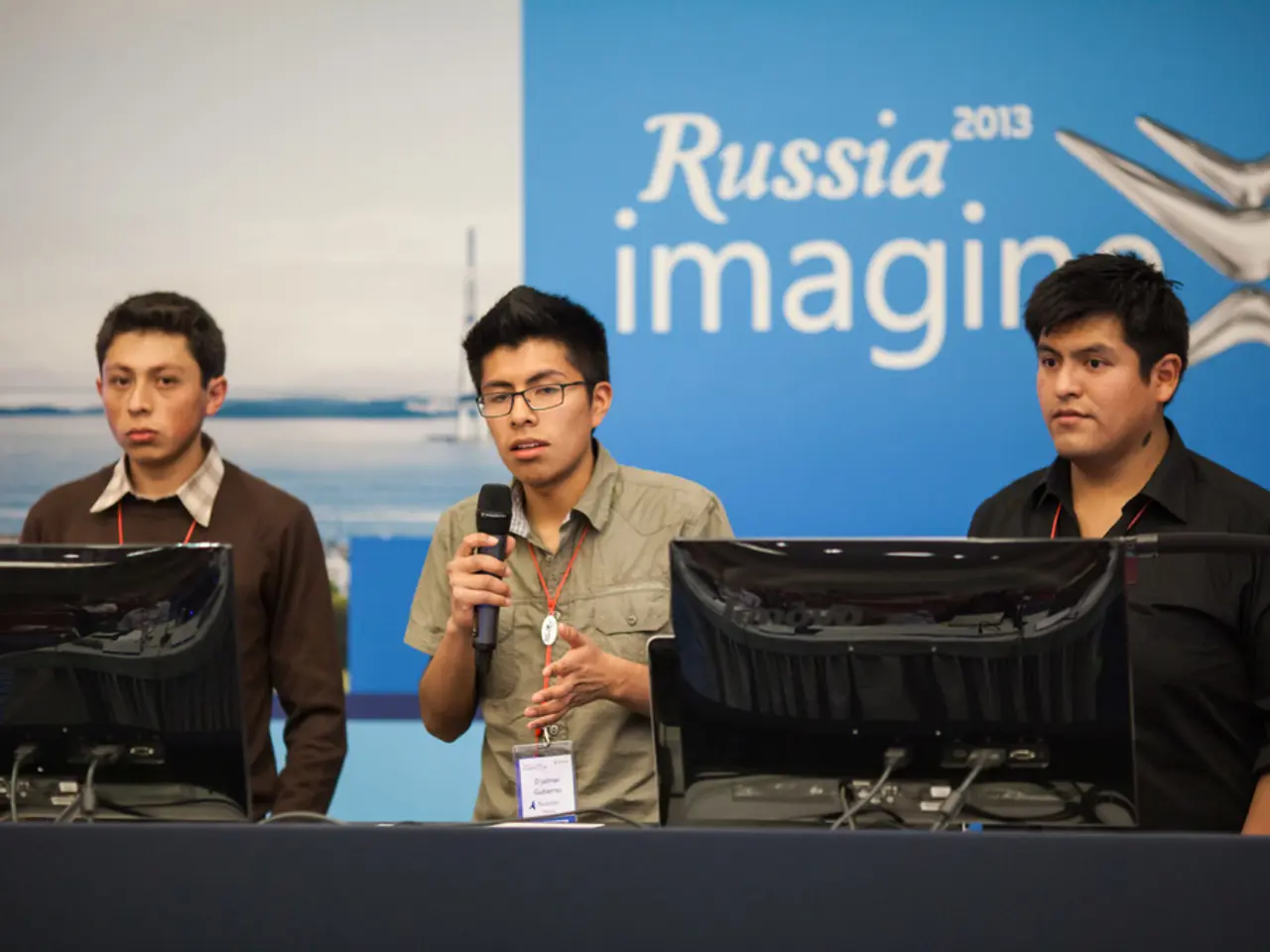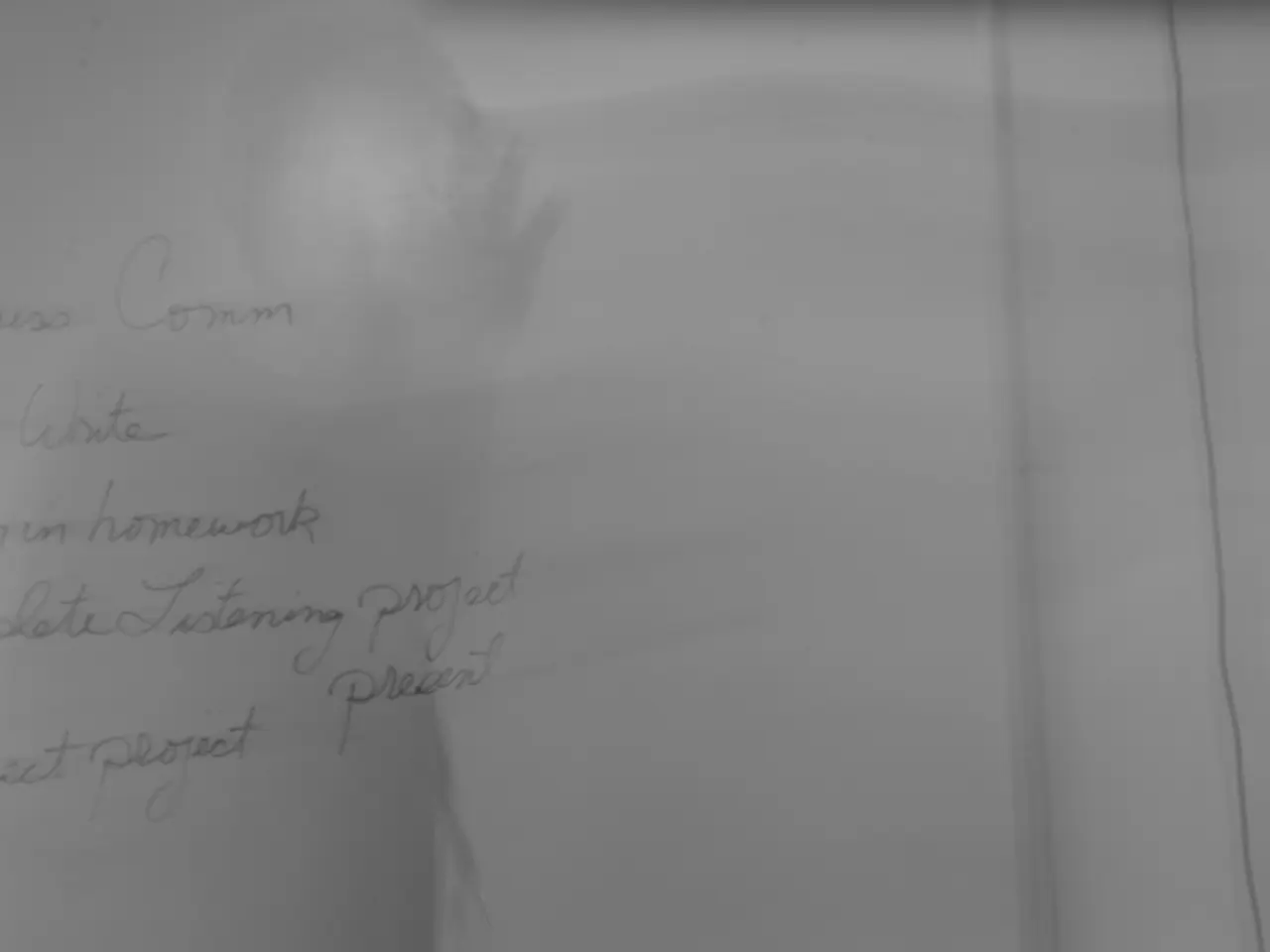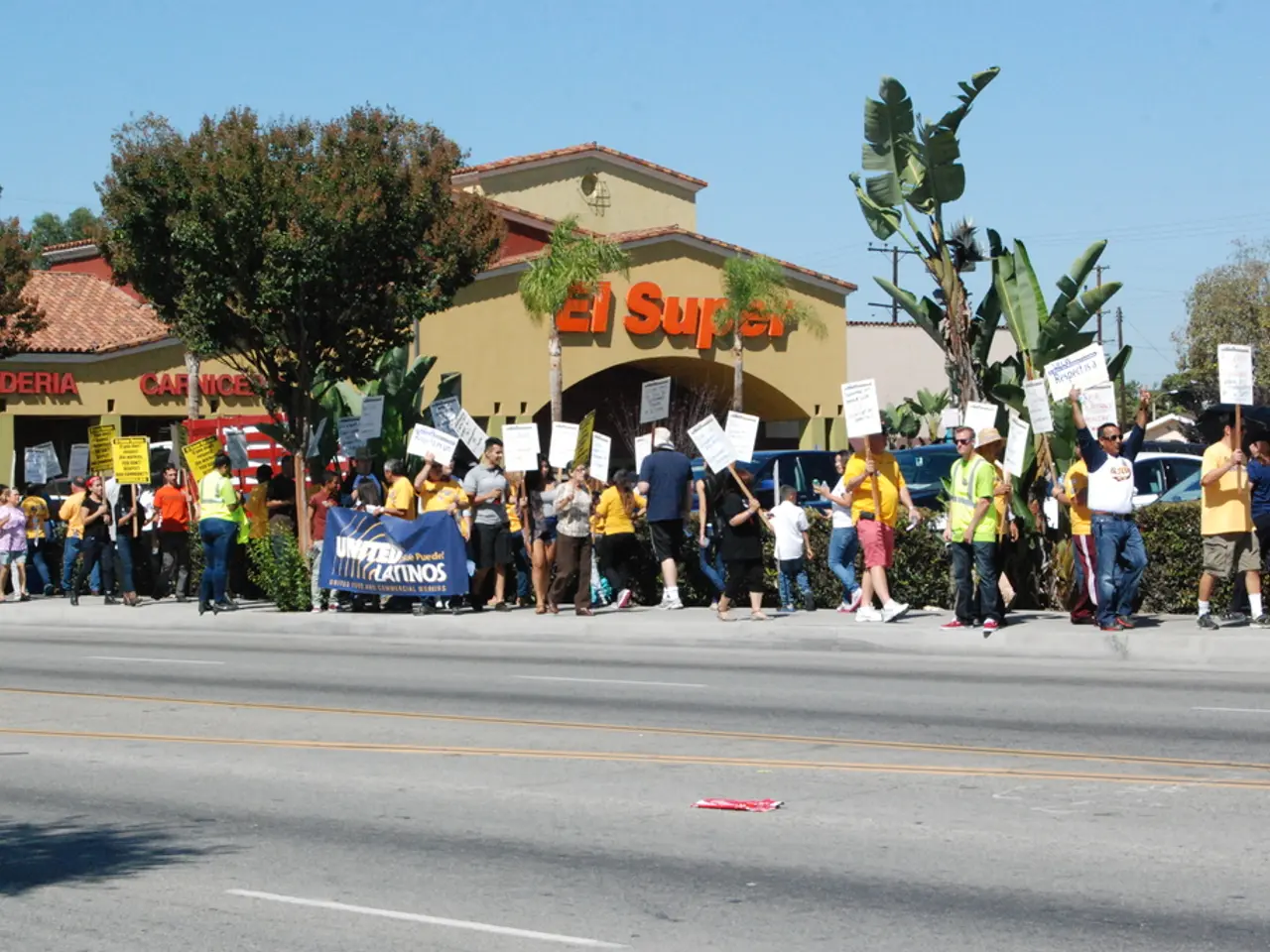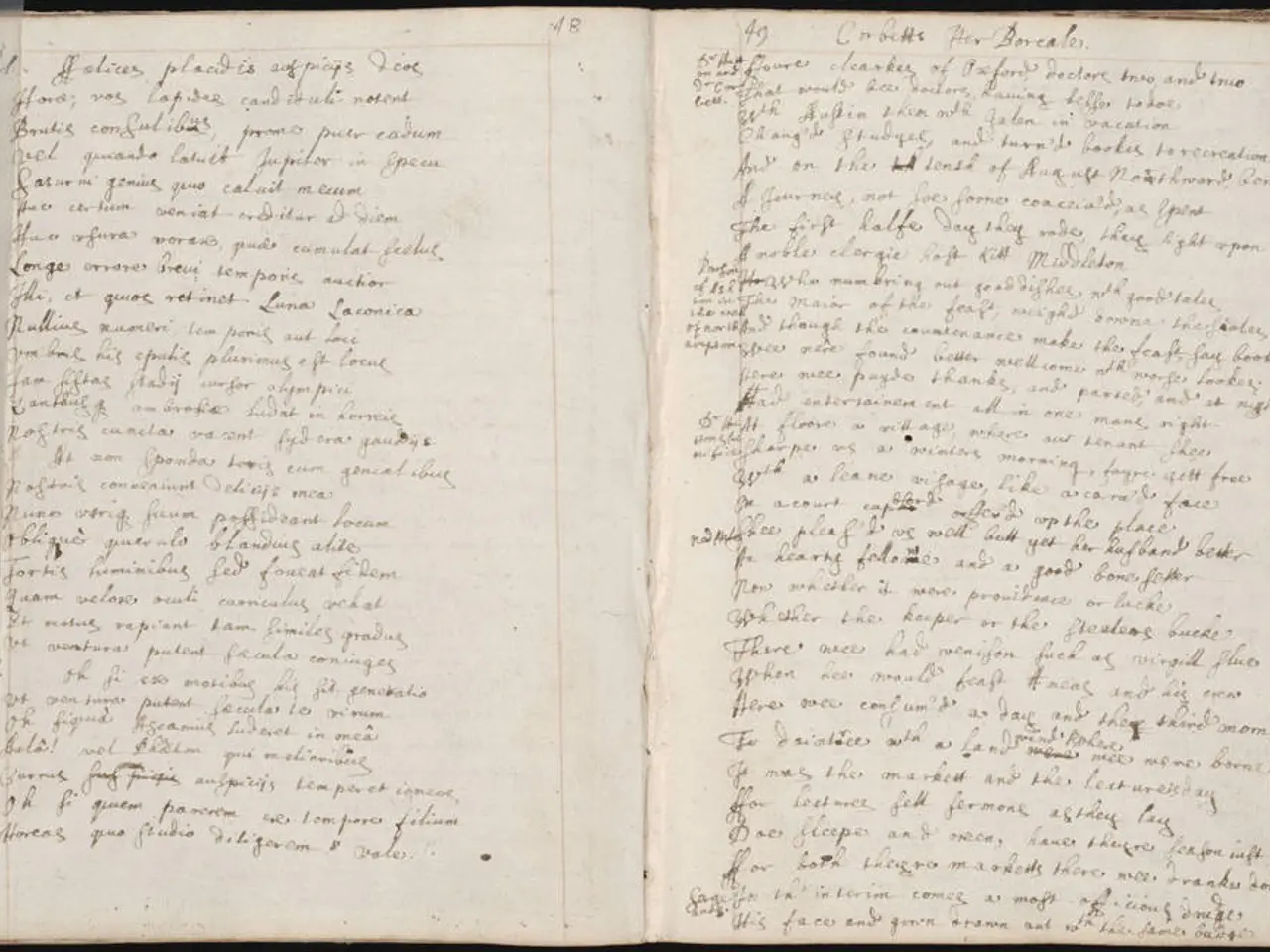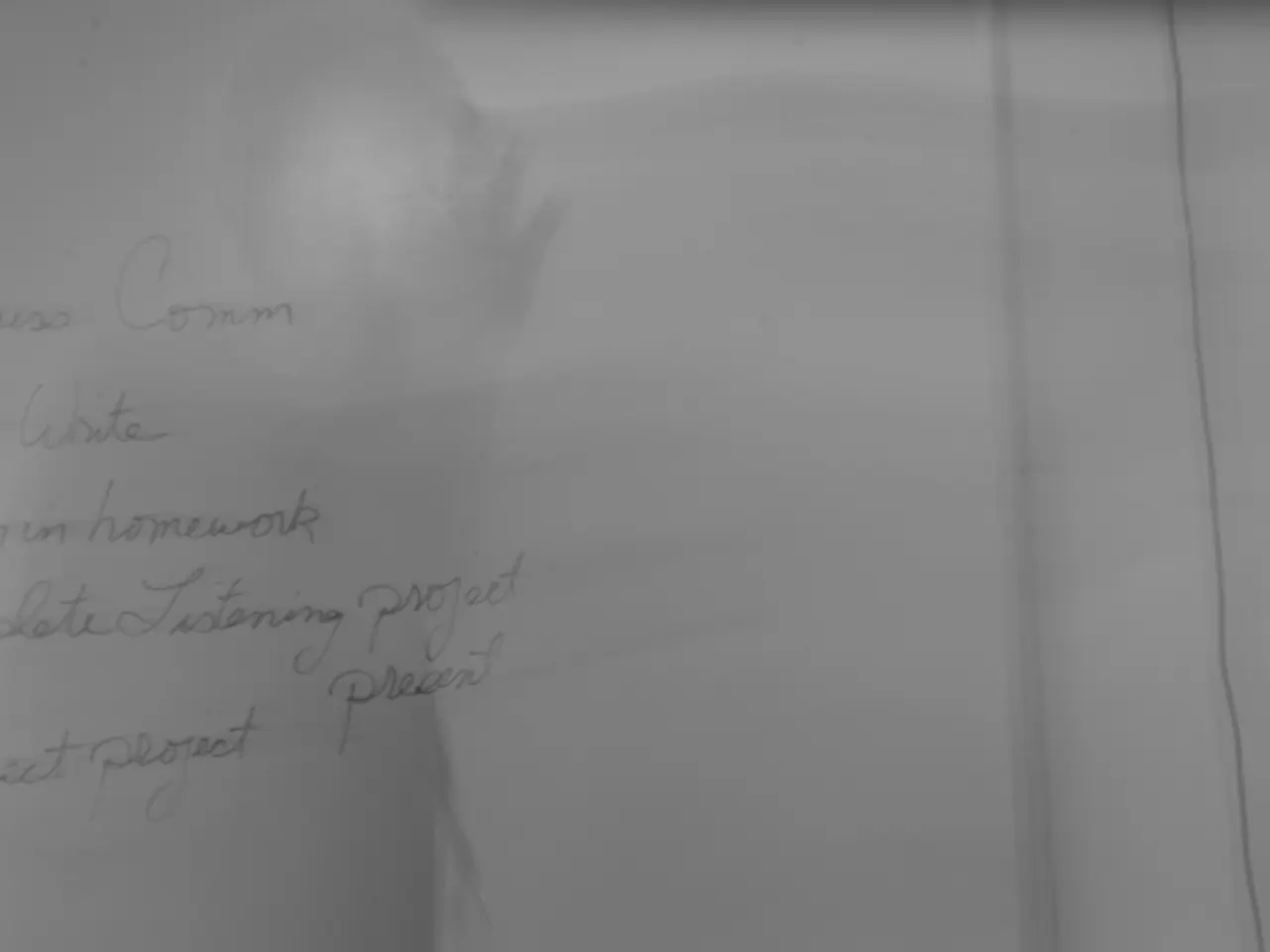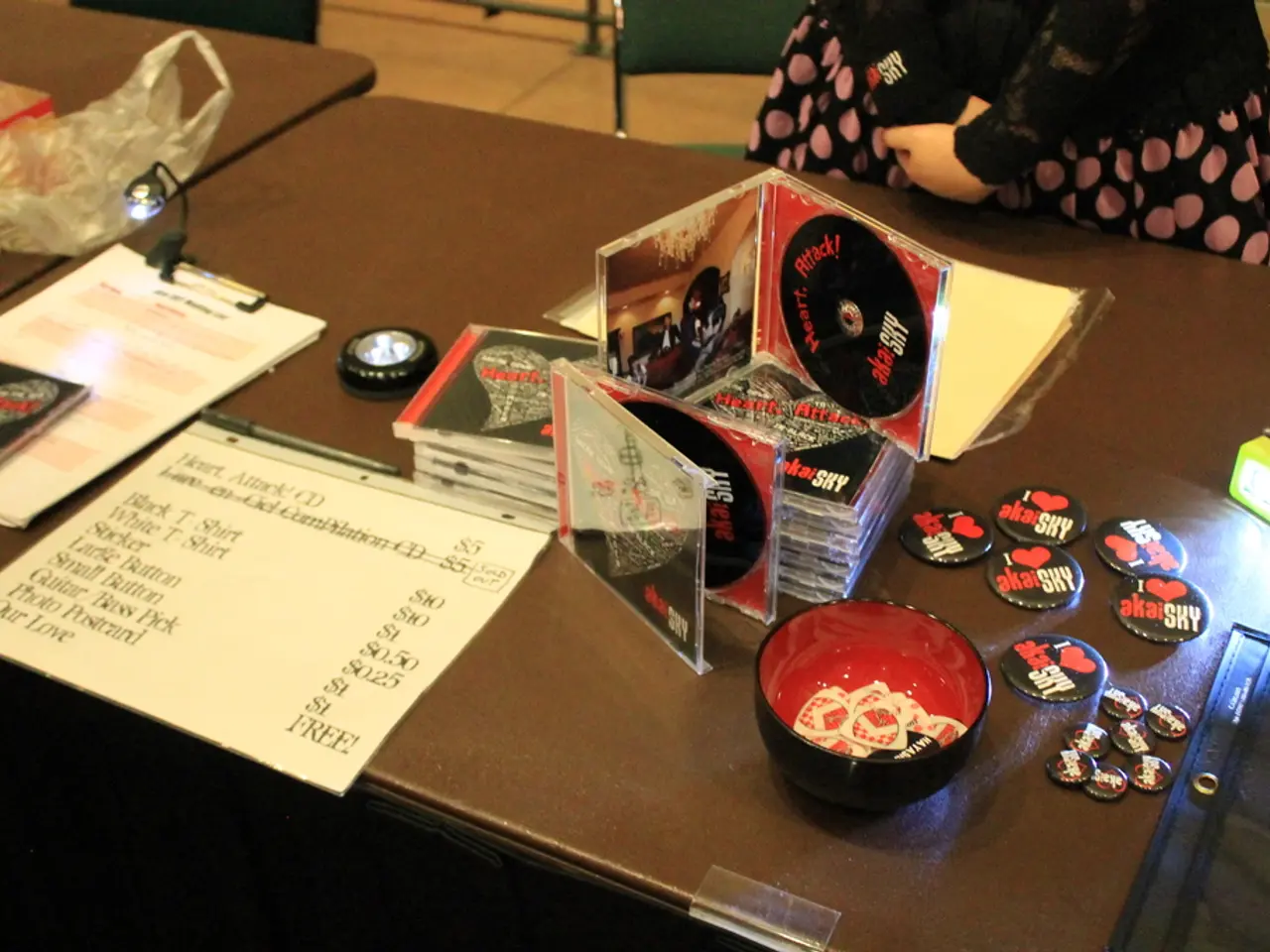Debate about Kirsty Coventry's resilience sparked among former International Olympic Committee members due to her Russian Olympic involvement
The participation of Russian athletes in international Olympic events remains a contentious issue, with the International Olympic Committee (IOC) imposing strict conditions on their participation due to Russia's breach of the Olympic Charter related to its 2022 invasion of Ukraine.
During the 2024 Paris Olympics, Russian athletes competed under a neutral status ("Athletes Individual Neutres"), with specific criteria requiring no active support for the war and no military ties. However, Russia's official teams, such as the Russian hockey team, were barred, with the slot going to another country (e.g., France).
Many sports federations maintain tough stances. For example, World Athletics upheld a ban on Russian participation until a peace agreement is reached. The International Luge Federation has preemptively suspended Russian athletes from the 2026 Winter Olympics.
The IOC president, Kirsty Coventry, has indicated that the IOC is unlikely to rush decisions before meetings scheduled for September and December 2025. However, the approach will likely mirror that of Paris 2024, potentially allowing Russian athletes to participate as neutral individuals if they meet the strict conditions.
The continuation of sanctions depends heavily on political developments, notably the resolution of the conflict in Ukraine. World Athletics’ president emphasized maintaining bans until a peace agreement is reached.
Terrence Burns, a former IOC marketing executive, believes that the Olympics need Russia, just as they need other major countries like the USA and China. Burns states that there is no shortcut for Russia to return to the Olympics, and it must demonstrate a willingness to change. He also states that the stakes for the IOC are high, as the universality it espouses may be the last truly global theology upon which all humanity can agree.
Kirsty Coventry, the current IOC president, is aware of the complexities and political challenges involved in making decisions about Russia's participation in the Olympics. Burns believes that Coventry will not be pressured into making a "convenient decision" about Russia's participation.
Michael Payne, a former head of IOC marketing, notes that Russia has been a "complex problem" for the IOC throughout Thomas Bach's 12-year tenure, including the invasions of Ukraine and the state-sponsored doping scandal at the 2014 Sochi Winter Olympics. Payne also comments that politicians are seeking to "weaponize the sports agenda" once again, having largely stayed away during earlier eras, such as that of Juan Antonio Samaranch's tenure from 1980-2001.
In conclusion, Russian athletes face a conditional and limited pathway to compete internationally under neutral status, contingent on both compliance with IOC rules and geopolitical developments linked to the war in Ukraine. Entirely lifting bans or allowing official Russian representation hinges on political resolution, which remains uncertain as of mid-2025.
References:
[1] Associated Press. (2023, June 1). IOC to decide on Russia's Olympic future in September and December. ESPN. https://www.espn.com/olympics/story/_/id/35756479/ioc-decide-russias-olympic-future-september-december
[2] Reuters. (2023, July 1). Russia's Olympic athletes to compete under a neutral flag in Paris. The Guardian. https://www.theguardian.com/sport/2023/jul/01/russias-olympic-athletes-to-compete-under-a-neutral-flag-in-paris
[3] BBC Sport. (2023, August 1). Russia's 2026 Winter Olympics bid faces uncertainty. BBC Sport. https://www.bbc.co.uk/sport/winter-olympics/64536579
[4] The New York Times. (2023, September 1). World Athletics Bars Russian and Belarusian Athletes from Competitions. The New York Times. https://www.nytimes.com/2023/09/01/sports/world-athletics-bans-russian-belarusian-athletes.html
[5] The Washington Post. (2023, October 1). The International Ski Federation bans Russian athletes from biathlon and luge. The Washington Post. https://www.washingtonpost.com/sports/2023/10/01/international-ski-federation-bans-russian-athletes-biathlon-luge/
[6] The Tokyo Times. (2023, November 1). Kirsty Coventry faces strong views and opinions as IOC president. The Tokyo Times. https://www.tokyotimes.com/kirsty-coventry-faces-strong-views-and-opinions-as-ioc-president/
- The IOC's decision on Russia's participation in the Olympics, scheduled for September and December 2025, will largely depend on the resolution of the conflict in Ukraine.
- If Russia meets the strict conditions, it is possible that Russian athletes may be allowed to compete as neutrals in the future Olympics, similar to the 2024 Paris Olympics.
- The IOC president, Kirsty Coventry, is anticipated to withstand pressure for a convenient decision and take her time to make thorough and unbiased judgments about Russia's participation.
4.Political developments, particularly the resolution of the conflict in Ukraine, play a significant role in determining the continuation of sanctions or the lifting of bans on Russian athletes in international sports events.
